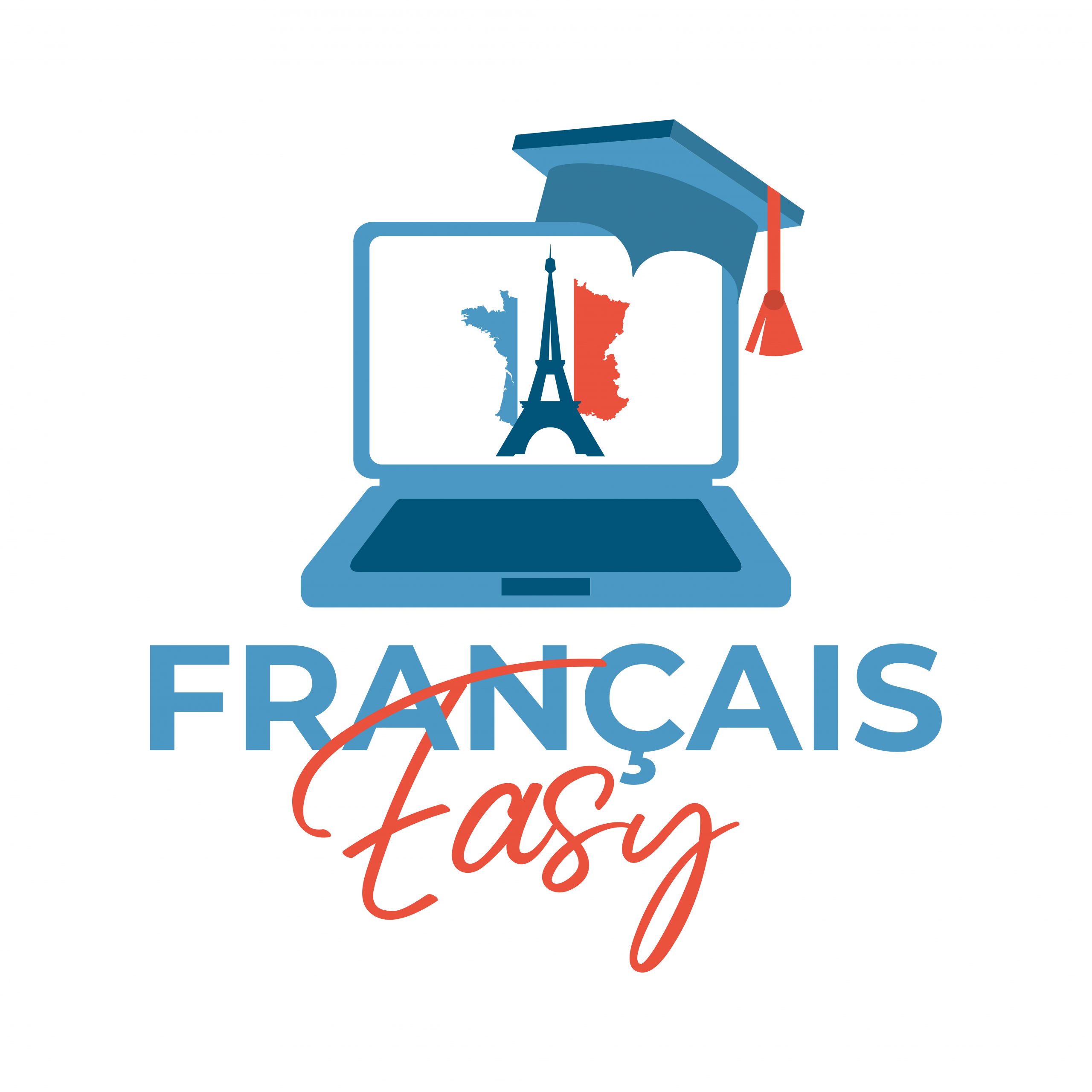Keeping a journal; is journaling a better way to learn a language?
It is common to experience some difficulty when learning a foreign language. Memorizing vocabulary and many grammar rules takes great skill, and, is necessary to be able to hold a conversation with a native speaker.
So, how do some people actually learn another language fluently?
What is the best method? How can teachers help their students to memorize the complex aspects of a language?
In my experience, adult learners often need a framework, a more concrete basis for learning. Providing clear explanations of the points that are less assimilated and that create uncertainty is necessary. They analyze the structure and elements of the new language and will build bridges between the known aspects of their language to the unknown in the new. We all go through these patterns of metalanguage learning processes, often acquired with effort and time.
In my research and personal experience, I have found that keeping a « learning journal » can have interesting powers in learning strategies,
Concepts and lessons become more concrete, tangible, and immediately reusable. This allows us to review the stages of learning as we write and as we evolve in our language learning.
A pedagogical and strategic toolbox:
Teaching French as a foreign language has given me access to research on English-speaking students learning a foreign language. These studies outlined the process of acquiring the French language from their native language.
Raising the question, what aspects of the language have caught their attention; was it the socio-cultural aspect? Is it the grammar? These studies answered many questions regarding their language acquisition processes. How did they explain and perceive certain notions of the French language? What links did they establish with their language? How did they make these links, and in what situations?
This studied educational method is called « pedagogical journaling ». The studies discuss two distinct situations;
There are also endolingual and exolingual contexts of learning and teaching.
– The endolingual context is when the language is learned in a place where the language constitutes a political or social status in the country, and the language is internal to the country. For example, when someone learn French in Canada.
– The exolingual context is when the language is learned in a place where the language does not constitute political or social status in the country, and the language is external or foreign. For example, if a person learns German in Canada. *
(*According https://ddlsuottawa.weebly.com/quest-ce-que-cest.html University of Ottawa)
In the study, learners were asked to journal anything they found interesting after the French class and/or during their trip to France. This exercise was an analysis of their learning and strategies in any context.
The teacher did not intervene in the learner’s note-taking process but only served as a pedagogical guide.
After the journal writing exercise group discussions were held to gather the learners’ experiences, explanations, and insights.
The idea was to know if the students had experienced the pedagogical journal as a vector of success, a help, or a confidence-building tool.
These two studies make it possible to carry out a reflection on the evolution of teaching and more particularly of the French language in FLE (French as a foreign language).
It should be noted that, according to the conclusions, linguistic points were learned and assimilated thanks to note-taking, and reflection on their own learning enabled the majority of learners to understand what they were learning, why, and to give meaning to the metalanguage and thus to their learning of the French language.
From this observation, based on many other educational and linguistic experiences, we can conclude that having a « learning diary » would allow learners to identify more precisely the essential points of the language, their needs and to create meaning. Thus, better acquisition as well as highlighting their learning strengths and weaknesses.
Ressources :
Here is an interesting article by PALLOTI – Foreign Language Acquisition and Interaction from L’Acquisition en Classe de Langue (2002), on these studies done on foreign language acquisition .
Gabriele Pallotti, « La classe dans une perspective écologique de l’acquisition », Acquisition et interaction en langue étrangère [En ligne], 16 | 2002, mis en ligne le 14 décembre 2005, consulté le 02 septembre 2021. URL : http://journals.openedition.org/aile/1395 ; DOI : https://doi.org/10.4000/aile.1395
Muriel Molinié, « Retracer son apprentissage : pour quoi faire ? », Acquisition et interaction en langue étrangère [En ligne], 23 | 2005, mis en ligne le 15 décembre 2008, consulté le 02 septembre 2021. URL : http://journals.openedition.org/aile/1712 ; DOI : https://doi.org/10.4000/aile.1712




